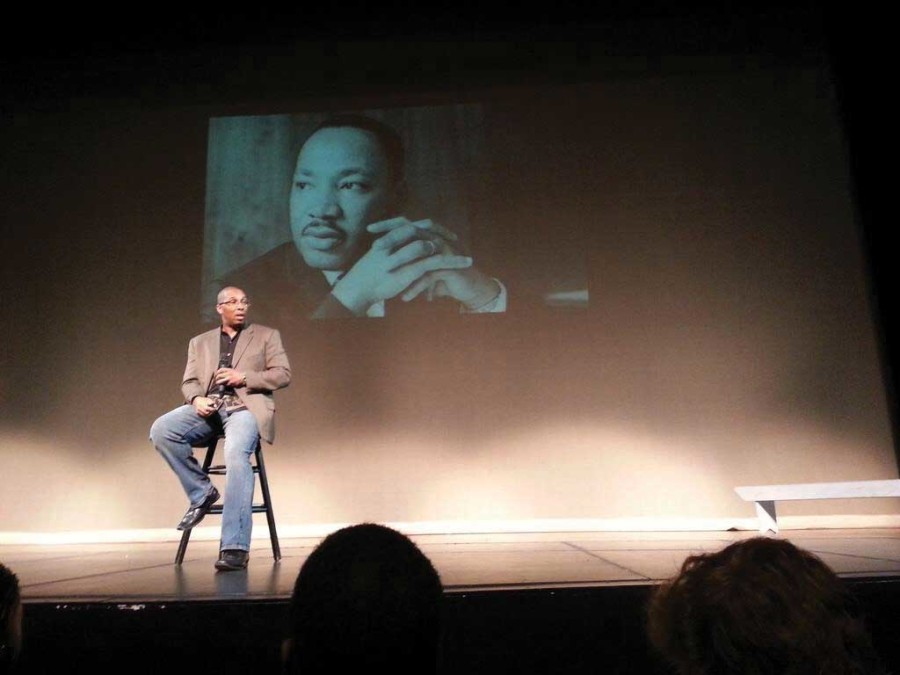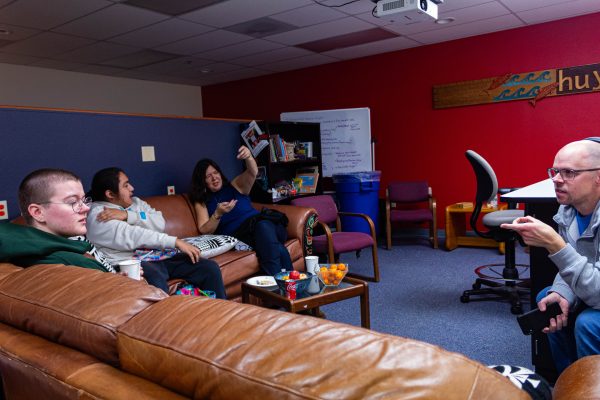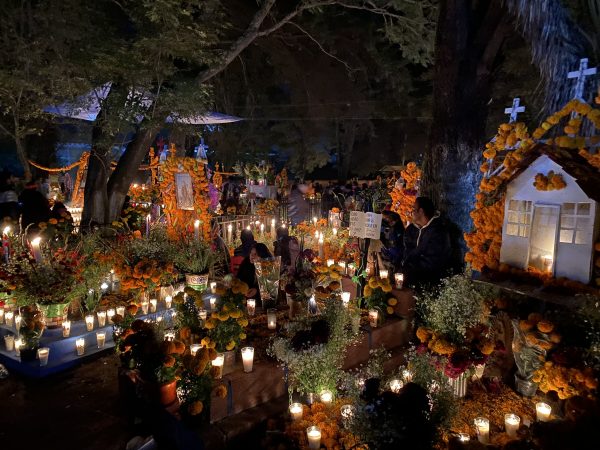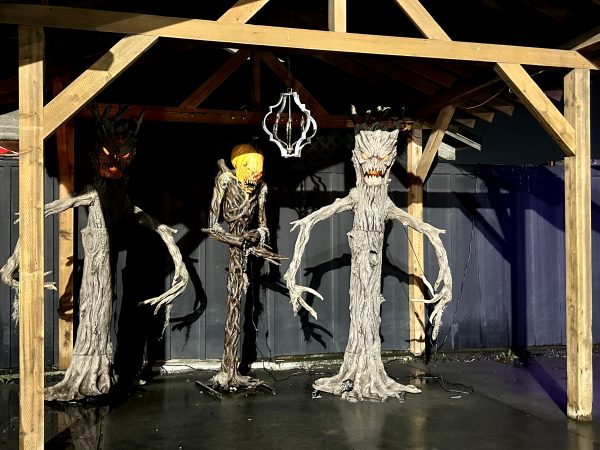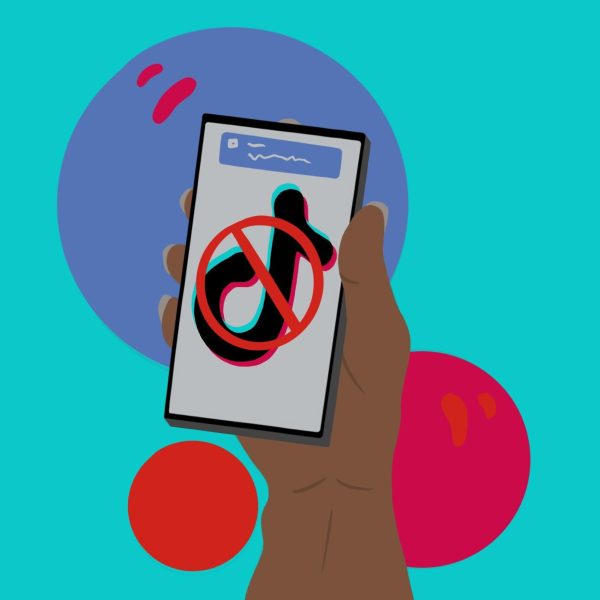Rap 101:The Education of a Microphone
Watching a video of a dozen black men sitting in the living room the dingy old crack house, seven of these men hold nickel plated fire arms and smoke weed in the back. While the other five are cooking and packaging crack. Many would say the music video just for entertainment, but according to this professor; someone needs to guide the people out of the triple stage darkness.
Professor Eric Davis, a teacher of sociology of sports and pop culture at Bellevue College, will be hosting his Rap 101 talk at EvCC on April 29. In this lecture Davis explores how rap conveys the state of social justice through its lyrics and social commentary.
The Clipper was able to speak with the professor on the beautiful and ugly parts of hip hop, along with the affects of the music on modern society and more.
When asked about what characteristics of rap have changed over the years, Davis said that, in his opinion, the poetic/artistic side isn’t visible, in previous years the lyrical content had to be complex.
“…Free style battle meant that you were able to come off the top of your head, or ‘off the dome’ as they would say, and be able to bring the heat, meaning you would show lyrical skill. Now a freestyle is just, can you talk about shooting somebody, can you talk about getting with them or steel their women or whatever, but not that you have the gift of gab, that you have the gift of speech, that you have a command over language…”
In a speech he gave at Edmonds Community College Davis said that black music has always been a form of commentary in the community or protest music. When asked about a more specific example of this commentary, he said all jazz musicians used music as a form of protest, because of the idea of “cultured” people rejecting popular music and saying that it is not civilized .
“… They were thinking that this music is highly sexual and it’s promoting people dancing to close to each other, instead of doing the traditional box step dances of classical times. So I think a lot of what African American music has been, is this idea of, not just this vocally expressing protest, but going outside of the norm or the box and saying we’re not going to play within the realm of what your saying were supposed to play in.”
When asked about some MCs that were able to deliver social commentary well, he cited De La Soul, Ice Cube and Kanye West.
“…Kanye, if you take his entire catalog as a whole… we’ve forgotten just how deep some of his songs are, people need to go back and listen to “The College Drop Out” and really listen to what he is saying, that was an amazing record,” said Davis.
Recently, TV personality and journalist, Geraldo Rivera said, “Hip-hop has done more damage to black and brown people than racism in the last 10 years.” Davis’s response was,
“There is some truth to that statement in my opinion. But he’s a member of the media and the media its self isn’t necessarily helpful to the state of black and brown America…” explaining one of his focal points in his talk, that the overexposure to media outlets can lead to a negative effect on children, “listening to hip hop that their not developmentally ready to listen to…” or a rap video on You Tube that promotes violent imagery can leave images in the minds of adults, routed in their own prejudice, citing the widely covered attacks from police on young black people.
“…People, when they go to a shoot-em-’ up movie they know its not real. Unfortunately the problem seems to be with hip hop music and popular rap music on commercial television and YouTube and videos and all these things is I think that people actually think that’s real portrayal of what black life is.”
He then said how this can be reversed.
“… There’s a lot of room for creative energy with in rap music and the hip hop community and I think it would just take some of us as the consumers to say we are no longer ok with the same old, same old; the same voice, same thing being talked about over and over again, I don’t need to hear any more songs about gun play and who they killed…”
As much praise the genre gets, the public perception of ignorance, misogyny, and materialism create a dislike for music fans outside the culture. When asked what he would do to show that rap isn’t as bad as people think, Davis brought up a session at the Renton Historical Museum, saying that there were a lot of old women in attendance that were curious, and so he played Lupe Fiasco’s video to “Bitch Bad”. The women were amazed by the content and his lyrical skill.
“…Such a command of the English language and use so many, what they call big words in the secession. And that he was really mixing the conversation around the commercialization and cooptation of music and how that parallels minstrel shows of the past and how that is now representative of a now current to a 2015, 2014, 2013 minstrel show…where it’s almost now a show that people watch that is a caricature of black life but not the reality of it,” said Davis.
The video then made the women say, “I didn’t realize there were smart rappers.”

How did you get here?
I graduated from Mariner High School in 2013 with a newspaper club back ground. I started attending EvCC the following fall...

